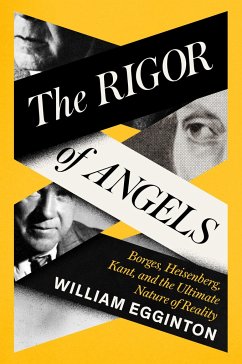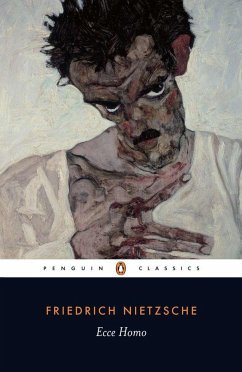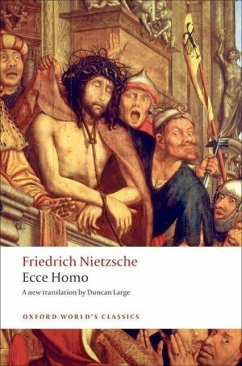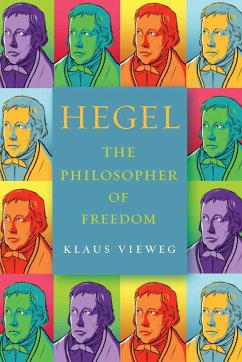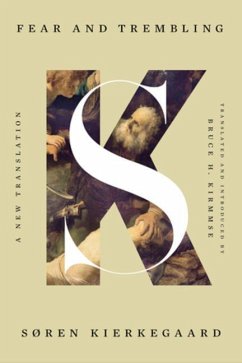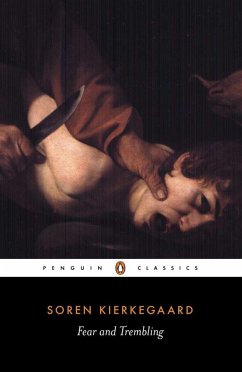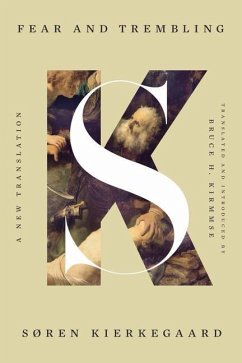
The Rigor of Angels
Borges, Heisenberg, Kant, and the Ultimate Nature of Reality
Versandkostenfrei!
Versandfertig in über 4 Wochen
26,99 €
inkl. MwSt.
Weitere Ausgaben:

PAYBACK Punkte
13 °P sammeln!
A poet, a physicist, and a philosopher explore the greatest enigmas of the universe in this scintillatingly original book about the limits of human knowledge




